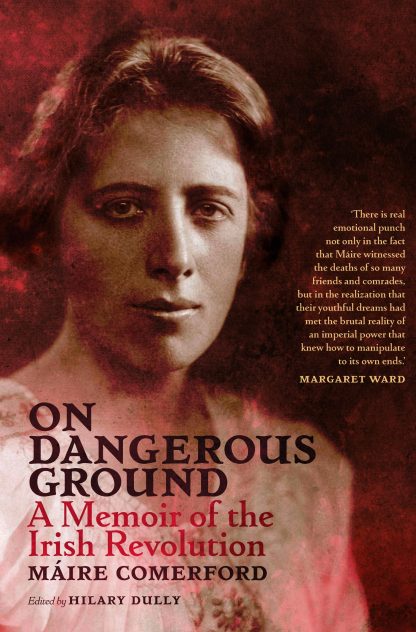
On Dangerous Ground
A Memoir of the Irish Revolution
By: Máire Comerford
Edited by:
Publication Date: 25 November 2021
€20.00
On Dangerous Ground is the revolutionary period memoir of Republican Máire Comerford (1893–1982). This striking memoir, one of the last of its era, includes Comerford’s original text, written mainly in the 1940s and ’50s, and new material unearthed from her extensive archive that also contains a wealth of photographs and memorabilia from the period.
The memoir begins with Comerford’s recollection of Sunday strolls to Avondale, former home of Charles Stewart Parnell, who was a neighbour of her father, the mill owner James Comerford. As a young woman, she experiences a ‘political awakening’ at the hands of a fierce Unionist woman in a secretarial college in London. Máire Comerford (the only Catholic in the class) begins to engage with Irish history books to counterbalance this brush with religious sectarianism. On her return to County Wexford to live with her mother’s people – a move necessitated by the family’s change of fortune – she re-enters the genteel world of fox hunting and luncheon parties. The memoir paints an intriguing picture of rural life of the time heralding the arrival of the motorcar, social and economic conditions, the rise of the Gaelic League, debates about Home Rule, and the First World War.
While the description of her surroundings as a young adult is intriguing and often charming, change is in the air in Ireland and a sharp and wide-ranging political analysis is ever present throughout her writing. Following Comerford’s witness account of Dublin during the 1916 Rising, she begins a life of political engagement, joining Cumann na mBan, Sinn Féin and the Gaelic League. In 1919, she moves permanently to Dublin to live with and work for renowned historian and nationalist, Alice Stopford Green. There, she becomes immersed in Republican politics and the War of Independence.
Comerford’s memoir gives voice to the experience of Republican women during revolutionary times, highlighting the immense contribution of women in the struggle for an Irish Republic. She works all over the country, moving arms, carrying dispatches, finding safe houses, researching atrocities and working assiduously for Ireland. She experiences raids, prison vigils, funerals of her comrades and dangers of all kinds, but nothing cuts as deep as the sense of utter betrayal following the signing of the Treaty in 1922. Comerford takes the anti-Treaty side, is imprisoned a number of times and endures a 27-day hunger strike. Following her release, she leaves Ireland on a tour of east coast American cities to raise funds for the Republican cause at the behest of de Valera. She returns to a harsh, poverty-stricken and lonely existence, eking out a living on a hilltop poultry farm in Wexford. But while her memoir ends in bleak times, her overarching vision suggests an unquenchable optimism – and that the fight will go on. An epilogue by the editor chronicles the years between 1927 and her death.
‘Máire Comerford’s words are truly inspiring and no Republican home should be without this book.’ An Phoblacht
‘Comerford’s memoir places the reader in the lived reality of the time, showing how ordinary lives crossed over with history. Editor Hilary Dully not only has access to original documents, photos and stories, but can also see the direct personal impact Comerford has on the lives of people around her. While Máire’s memoir ends in bleak times, her overarching vision suggests an unquenchable optimism.’ Wexford Local
‘Having access to original documents, photos and stories, Hilary also knows directly personal impact Comerford had on the lives of people around her.’ Cathy Lee, The Independent
‘This book does something important: it adds new insights and understanding to events in Ireland, 1916-mid 20s, the most analysed and described epoch in modern Irish history.’ John Kirkaldy, Books Ireland
‘This first-hand account includes Comerford’s original text, written mainly in the 1940s and ’50s, and new material unearthed from her extensive archive.’ The Journal
Listen to Hilary Dully speak to Lorcan Collins about the life of Máire Comerford on the Revolutionary Ireland podcast here.
‘Meticulously edited by Hilary Dully from the original typescript, it’s a terrific read, a page-turner … illustrated with richly evocative photos … Of all the first-person memoirs I’ve read, this is by far the most inspiring. Comerford has an unforgettable, idiosyncratic voice, her language rich with imagery, full of physical movement. Both astute and tender, she feels modern. I could identify with her. Was it her sense of humour? Her honesty? Her lack of self-aggrandisation? Her intense love for animals? I was certainly drawn to all of these qualities. And her characters hum with life.’ Martina Evans, Irish Times
ABOUT THE AUTHOR
Máire Comerford (1893–1982) was an Irish Republican from County Wexford who witnessed central events of the Irish Revolution 1916-23 and remained a committed historical researcher, republican activist and writer until her death in 1982. She worked as a journalist for the Irish Press for over thirty years, editing the Women’s Page, and was last arrested in 1974 for her republican activities, aged 81.
ABOUT THE EDITOR
Hilary Dully is a documentary filmmaker, film teacher and writer. Her film work has been shown on RTÉ, Channel Four, TG4 and at a number of international festivals. She lives with her family in East Clare. She has a family connection with Máire Comerford and has integrated archival photographs and letters to enhance the memoir.
| ISBN | 9781843518198 |
|---|
| Weight | 0.63 kg |
|---|---|
| Dimensions | 156 × 234 mm |
| Publication Date | 25 November 2021 |
| Format | Paperback with flaps, illustrated, 220pp |

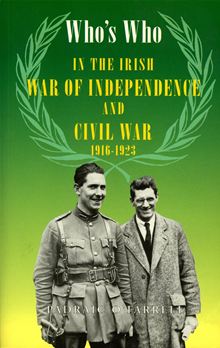
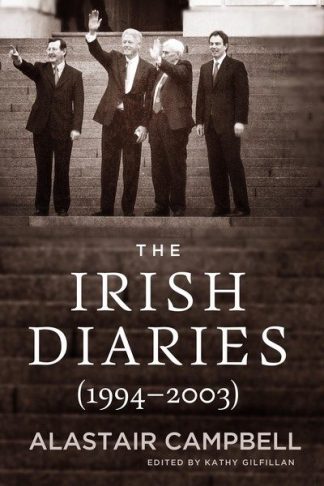
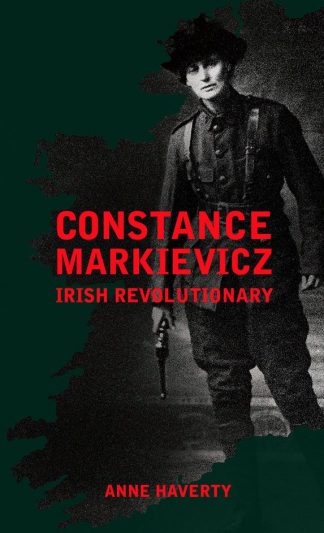
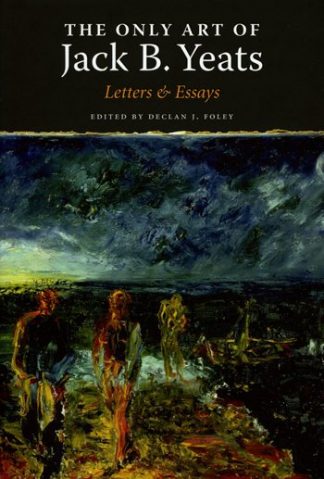
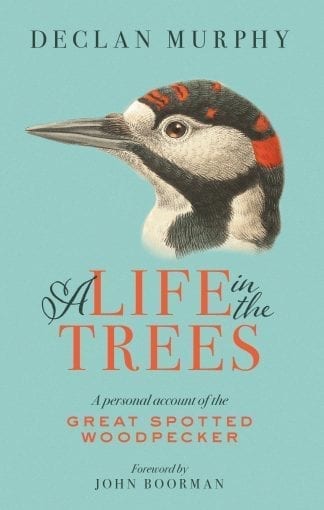
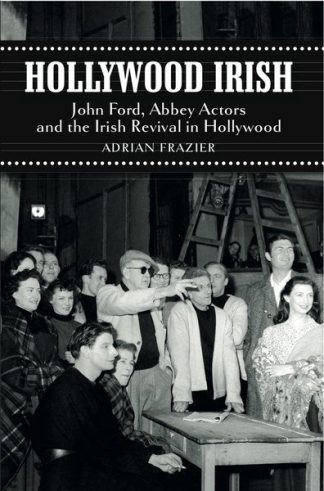
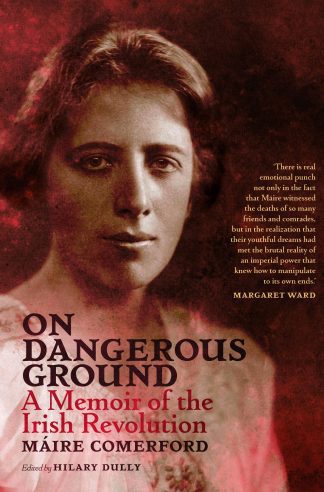
Lilliput Press –
Hilary Dully and Dr Mary McAuliffe on the Mick Clifford podcast. Listen here
Lilliput Press –
‘In this decade of centenaries, some of those who made their mark 100 years ago have had their lives and contributions critically examined. However, there has also been an acceptance that a number of women who lived through those times had not heretofore been recognised for their contributions. Máire Comerford is one such woman and her recently published memoir is probably the last first-person account we are likely to see written by a witness and participant in extraordinary times.’
– The Mick Clifford Podcast, Irish Examiner
Lilliput Press –
‘This is a fascinating diary written by a republican ‘true believer’.
– The Irish Catholic
Lilliput Press –
‘This first-hand account includes Comerford’s original text, written mainly in the 1940s and ’50s, and new material unearthed from her extensive archive.’
– The Journal
Lilliput Press –
‘Described as the last comprehensive witness account of the revolutionary period, it is an absorbing read. In 1923, a Daily Mail report called her the Jeanne d’Arc of the Republican cause, the most daring woman working for the Republican movement.’
– Mary Burke, The Tuam Herald
Lilliput Press –
‘These memoirs took more than forty years to be published and are well written and most interesting for any student of Irish history.’
– Eva ó Cathaoir, National Graves Association
Lilliput Press –
This book does something important: it adds new insights and understanding to events in Ireland, 1916-mid 20s, the most analysed and described epoch in modern Irish history.
– John Kirkaldy, Books Ireland
Lilliput Press –
Having access to original documents, photos and stories, Hilary also knows directly personal impact Comerford had on the lives of people around her.
– Cathy Lee, The Independent
Lilliput Press –
Máire Comerford’s words are truly inspiring and no Republican home should be without this book.
– An Phoblacht
Lilliput Press –
Comerford’s memoir places the reader in the lived reality of the time, showing how ordinary lives crossed over with history. Editor Hilary Dully not only has access to original documents, photos and stories, but can also see the direct personal impact Comerford has on the lives of people around her. While Máire’s memoir ends in bleak times, her overarching vision suggests an unquenchable optimism.
– Wexford Local